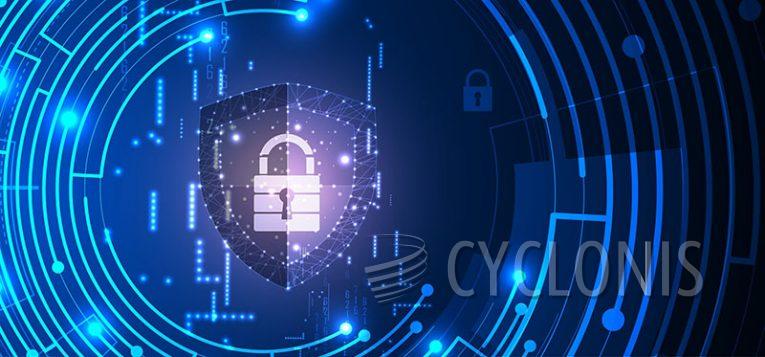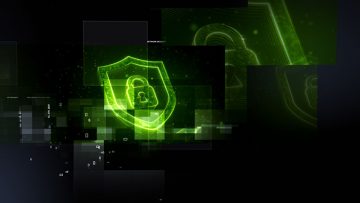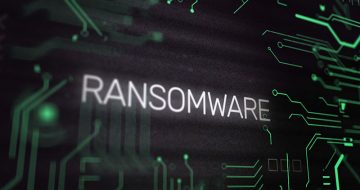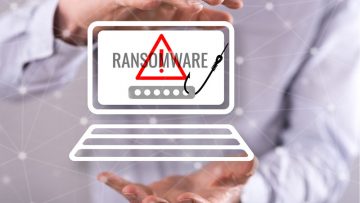ZeroGuard Ransomware Locks Victim Systems

ZeroGuard is a type of ransomware, characterized by its malicious nature. This malware is specifically designed to encrypt files and then demand payment for their decryption. In our testing, when we executed a sample of ZeroGuard on our system, it successfully encrypted files and altered their filenames.
To provide more details, the original file names were modified by appending the cyber criminals' email address, a unique victim ID, and a ".ZeroGuard" extension. For instance, a file initially named "1.jpg" would be transformed into "1.jpg.ZeroGuard0@skiff.com.FFDPVRAPR8LI.ZeroGuard."
Once the encryption process concluded, ZeroGuard ransomware generated a message titled "Readme.txt." This message conveyed to the victim that their network had been compromised, leading to file encryption. Additionally, the ransomware deleted Volume Shadow Copies.
As per the message, the only way to recover the data is to acquire the decryption tools from the attackers. Although the payment amount is not specified, it is made clear that the ransom must be paid in Bitcoin cryptocurrency. Before complying with the ransom demands, the victim has the option to test decryption on two randomly selected files.
The note cautions against restarting or shutting down the system, as such actions may disrupt or even make decryption impossible.
ZeroGuard Ransom Note in Full
The complete text of the ZeroGuard ransom note goes as follows:
Your network has been penetrated!
All files on each host in the network have been encrypted with a strong algorithm.
Backups were either encrypted or removed. Shadow copies were also removed, so using F8 or any other methods may damage the encrypted data but not recover it.
We exclusively have decryption software for your situation.
More than a year ago, world experts recognized the impossibility of deciphering the data by any means except the original decoder. No decryption software is available to the public. Antivirus companies, researchers, IT specialists, and no other persons can help you decrypt the data.
DO NOT RESET OR SHUTDOWN - files may be damaged. DO NOT DELETE readme files.
To confirm our honest intentions, send two different random files, and you will get them decrypted. They can be from different computers on your network to be sure that one key decrypts everything. We will unlock two files for free.
To contact us, please message us on Telegram. If you do not receive a response within 24 hours, then email us.
Contact information :
Telegram: @Zero_Guard
Mail : ZeroGuard0@skiff.comUniqueID: -
PublicKey: -You will receive btc address for payment in the reply letter
No system is safe !
How Can Ransomware Enter Your System?
Ransomware can enter a system through various means, and attackers often employ multiple techniques to increase their chances of success. Here are common ways ransomware can enter your system:
Phishing Emails: One of the most prevalent methods is through phishing emails. Attackers send deceptive emails that appear legitimate, often with malicious attachments or links. Clicking on these links or opening infected attachments can lead to the installation of ransomware.
Malicious Websites: Visiting compromised or malicious websites can expose your system to ransomware. This may happen through drive-by downloads, where malware is automatically downloaded and installed without the user's knowledge.
Malvertising: Cybercriminals can use malicious advertising (malvertising) to spread ransomware. Malicious ads may be displayed on legitimate websites, and clicking on them can lead to the download of ransomware.
Exploiting Software Vulnerabilities: Ransomware can exploit vulnerabilities in software or operating systems. It's crucial to keep your software and operating system updated with the latest security patches to minimize the risk of exploitation.
Remote Desktop Protocol (RDP) Attacks: Attackers may attempt to gain unauthorized access to a system through weak or compromised RDP credentials. Once inside, they can deploy ransomware.
Drive-By Downloads: In some cases, ransomware may be delivered through drive-by downloads without any user interaction. This can occur when visiting compromised websites that exploit vulnerabilities in browsers or plugins.
Infected External Devices: Ransomware can be introduced to a system through infected external devices such as USB drives or external hard drives. If these devices carry malware and are connected to a computer, the ransomware may spread.








